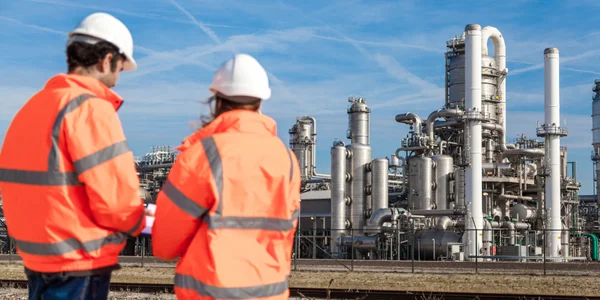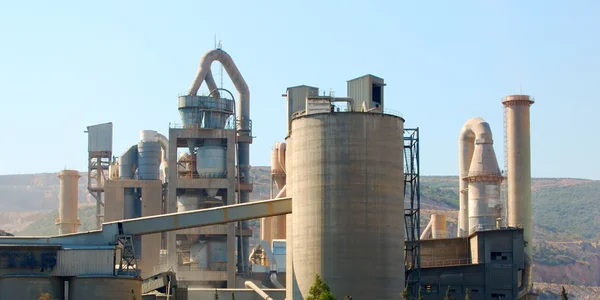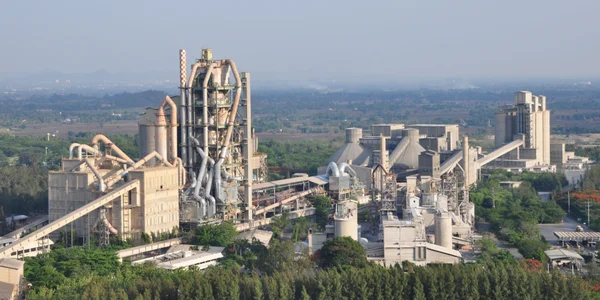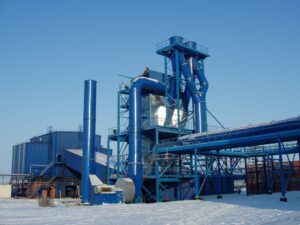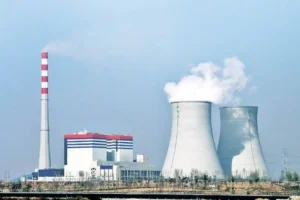Filtri ibridi
- Raffreddatore a tiraggio forzato
- Depuratori
- Impianti di depurazione dei gas
- Cicloni
- Multicloni
- Sistema di rimozione di COV + odori
- Sistema di aspirazione della polvere
- Sistema di aspirazione fumi
- Dispositivi di protezione contro le esplosioni
- Ventilatori e soffiatori
- Trattamento delle acque reflue
- Scambiatore di calore aria-aria
- Precipitatori elettrostatici
- Alloggiamenti per airbag inverso
- Filtri in tessuto
- Filtri elettroibridi
- Desolforazione dei gas di combustione
- Raffreddatore a tiraggio forzato
- Depuratori
- Impianti di depurazione dei gas
- Cicloni
- Multicloni
- Sistema di rimozione di COV + odori
- Sistema di aspirazione della polvere
- Sistema di aspirazione fumi
- Dispositivi di protezione contro le esplosioni
- Ventilatori e soffiatori
- Trattamento delle acque reflue
- Scambiatore di calore aria-aria
Uffici
SEDE CENTRALE

Germania
-
Filtro intensivo Himenviro Technologies GmbH
Neustraße 45 - 49, 42553, Velbert, Germania/Germania - +49 20534200990
UFFICIO REGIONALE

Gran Bretagna
-
Filtro intensivo Himenviro UK Limited
47, Bath Street WS13BX, Wallsall West Midlands, Gran Bretagna - +44 1922 628893
UFFICIO REGIONALE

Emirati Arabi Uniti
-
Filtro intensivo Himenviro Technologies FZE – LLC
Centro commerciale, Sharjah Publishing City Free Zone, Sharjah, Emirati Arabi Uniti - +971-556074697
UFFICIO REGIONALE

India
-
Filtro intensivo Himenviro Private Limited
D-247/11, Settore-63, Noida - 201301, Uttar Pradesh, India - +91-120-4642-500
UFFICIO REGIONALE




India
-
Filtro intensivo Himenviro Private Limited
D-247/11, Settore-63, Noida - 201301, Uttar Pradesh, India - +91-120-4642-500
UFFICIO REGIONALE




India
-
Filtro intensivo Himenviro Private Limited
D-247/11, Settore-63, Noida - 201301, Uttar Pradesh, India - +91-120-4642-500
Filtri elettroibridi
La nostra tecnologia "Electro-Plus-Hybrid Filter" è un fornitore di soluzioni che utilizza un sistema di filtraggio che sfrutta l'elettricità statica sul particolato, per una maggiore efficienza di raccolta con una minore caduta di pressione. Risolve il problema dell'aumento della caduta di pressione frequentemente osservato a causa dell'intasamento del sacco mediante impregnazione di particelle di polvere fine, nel caso di un sistema di filtraggio a sacco convenzionale, che ne aumenta notevolmente la durata. Il filtro ibrido è un sistema di filtraggio complesso ad alta efficienza e alte prestazioni in cui le particelle di polvere dallo strato di struttura dendritica sulla superficie del sacco impediscono la penetrazione di microparticelle e riducono lo stato di accecamento dei sacchi filtranti, migliorando così l'efficienza di filtraggio del sistema ibrido. Il filtro ibrido è un sistema di filtraggio complesso ad alta efficienza e alte prestazioni in cui le particelle di polvere dallo strato di struttura dendritica sulla superficie del sacco impediscono la penetrazione di microparticelle e riducono lo stato di accecamento dei sacchi filtranti, migliorando così l'efficienza di filtraggio del sistema ibrido.
Applicazione


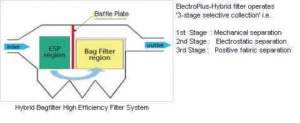



Processo
I nostri servizi
Caso di studio
Domande frequenti
1. What is a hybrid filter?
A hybrid filter is a device that cleans dirty air by combining two methods: electrostatic precipitation and fabric filtration. First, it uses electrical charges to capture large dust particles. Then, it uses fabric filters to catch smaller particles, making the air cleaner and safer to breathe.
2. How does a hybrid filter work?
A hybrid filter works in two steps. First, the electrostatic section charges and captures large dust particles from the air. Next, the air passes through fabric filters that trap the remaining fine particles. This two-step process ensures efficient removal of dust and pollutants from the air.
3. Why are hybrid filters used in industries?
Industries use hybrid filters to keep the air clean by removing dust and harmful particles produced during manufacturing. This helps protect workers’ health, reduces environmental pollution, and ensures compliance with air quality regulations.
4. What are the benefits of using a hybrid filter?
Hybrid filters offer several benefits:
- Alta efficienza: They effectively remove both large and small particles from the air.
- Energy Savings: The combination of technologies reduces energy consumption compared to using separate systems.
- Conveniente: They often require less maintenance and have longer lifespans, saving money over time.
5. In which industries are hybrid filters commonly used?
Hybrid filters are commonly used in industries such as:
- Produzione di cemento: To control dust emissions.
- Power Plants: To remove fly ash from flue gases.
- Steel Manufacturing: To capture metallic dust particles.
- Chemical Processing: To filter out hazardous airborne particles.
6. How does a hybrid filter compare to traditional filters?
Unlike traditional filters that use only one method, hybrid filters combine electrostatic and fabric filtration techniques. This combination allows them to capture a wider range of particle sizes more efficiently, leading to cleaner air and improved performance in industrial applications.
7. What maintenance is required for hybrid filters?
Maintaining a hybrid filter involves regular inspections to check for wear and tear, cleaning or replacing fabric filter bags as needed, and ensuring the electrostatic components are functioning properly. Following the manufacturer’s maintenance guidelines helps keep the system effective and extends its lifespan.
8. Can existing filtration systems be upgraded to hybrid filters?
Yes, many existing filtration systems, especially electrostatic precipitators, can be upgraded to hybrid filters. This upgrade enhances filtration efficiency without the need for completely new installations, making it a cost-effective solution for industries aiming to improve air quality.
9. Are hybrid filters environmentally friendly?
Hybrid filters are environmentally friendly because they effectively reduce the emission of harmful particles into the atmosphere. By capturing a broad range of pollutants, they help industries meet environmental regulations and contribute to cleaner air.
10. How do hybrid filters contribute to energy efficiency?
Hybrid filters contribute to energy efficiency by combining two filtration methods that work together to reduce the overall energy required for air cleaning. The initial electrostatic stage captures large particles with minimal energy, reducing the load on the subsequent fabric filter stage, which in turn operates more efficiently.

